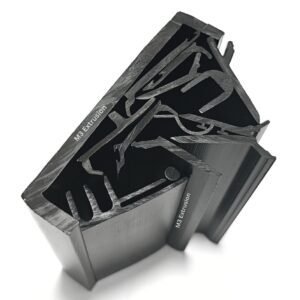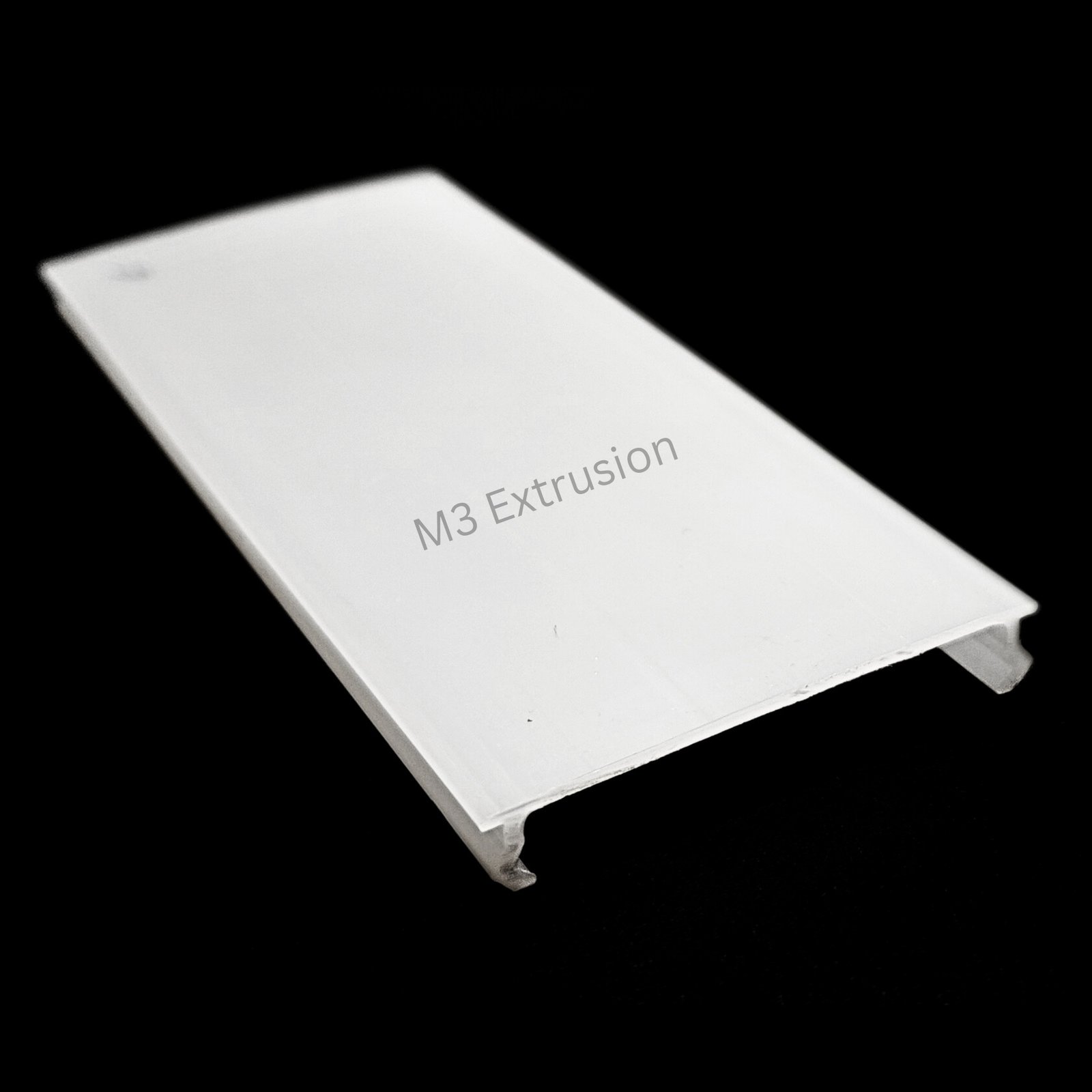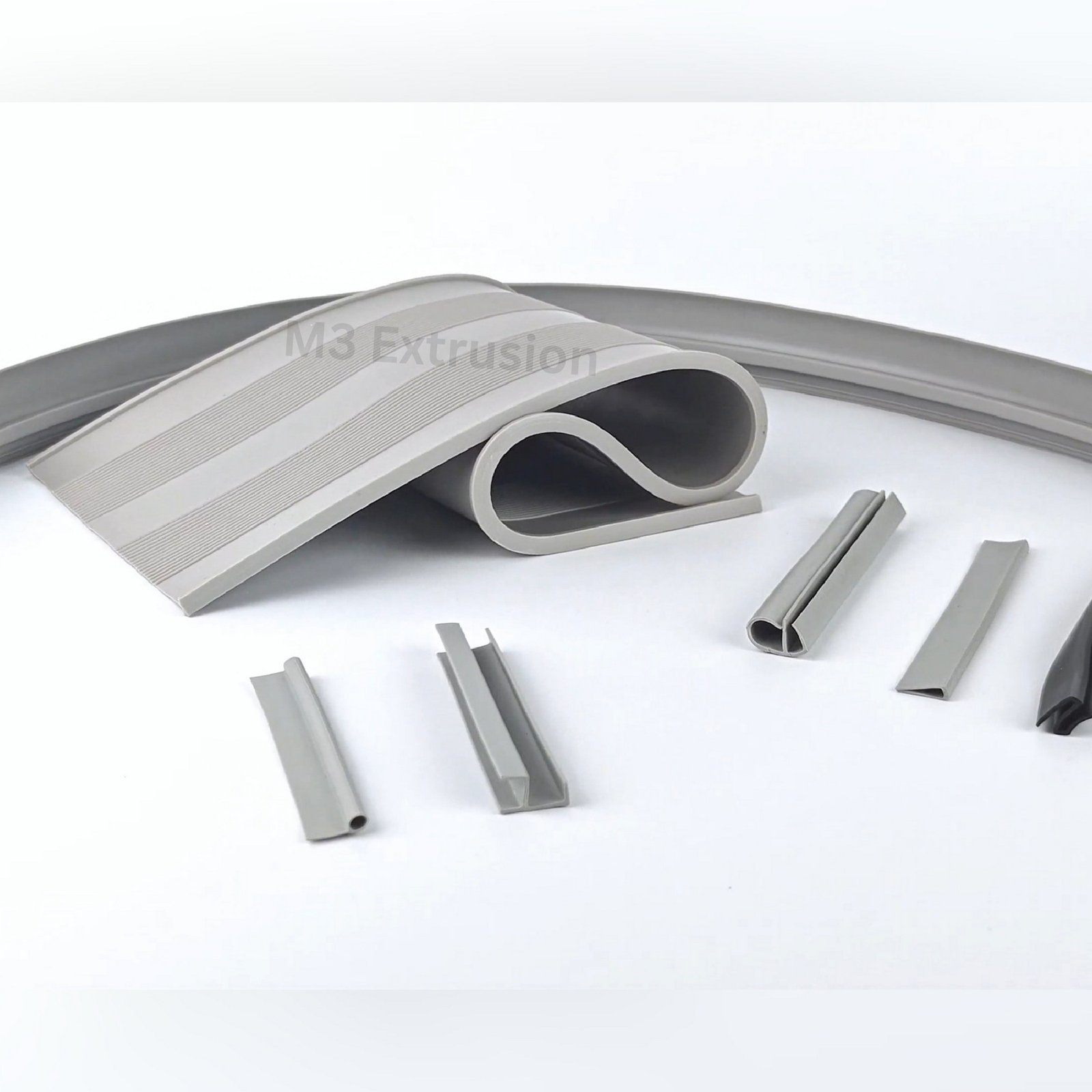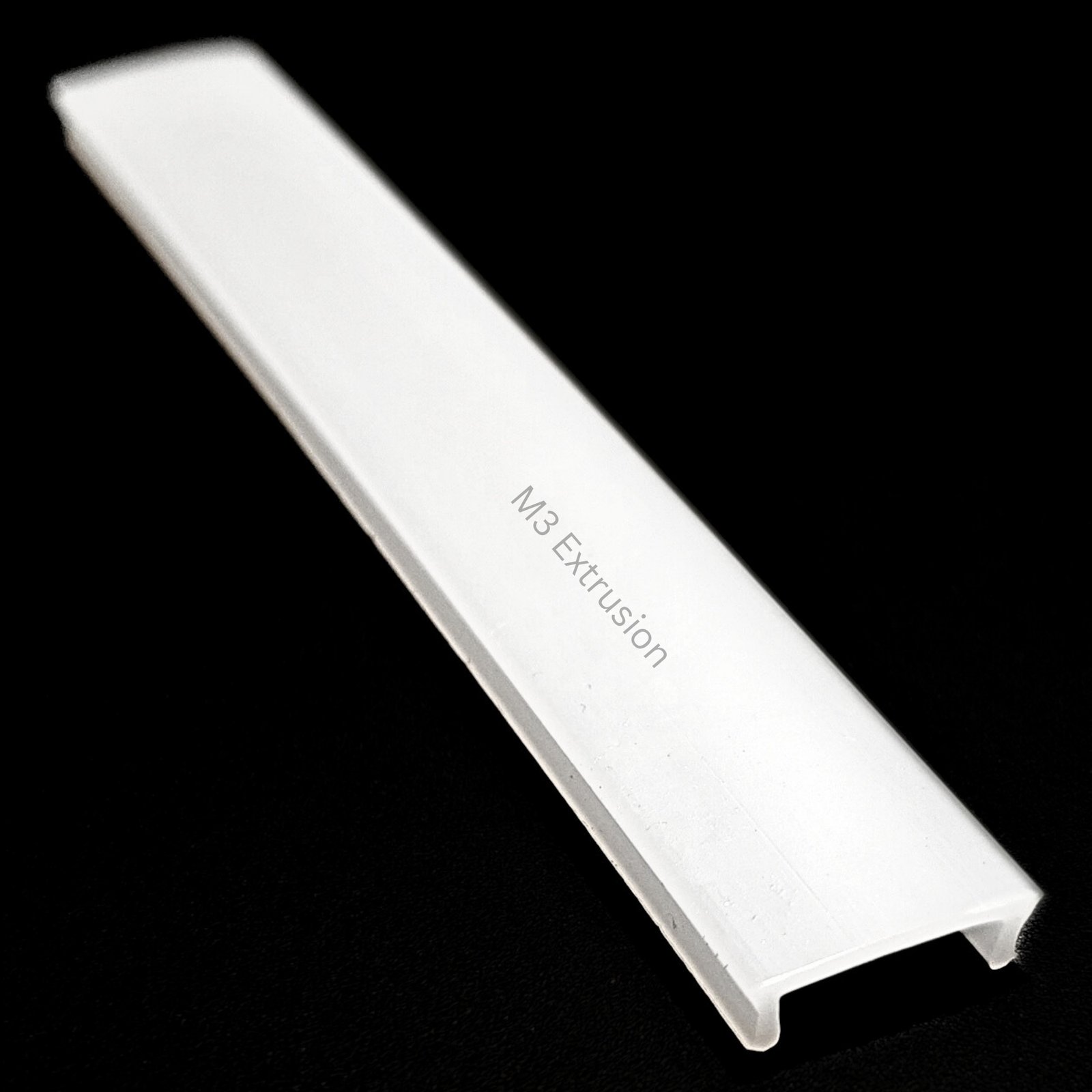The façade of any building plays a crucial role in both aesthetics and functionality. It serves as the first line of defence against external elements, making material selection essential for long-term performance. Façade PVC profiles in india have emerged as a reliable solution, offering durability and weather resistance without compromising on design.

The Need for Durable Façade Materials
Buildings are constantly exposed to harsh environmental conditions such as UV rays, rain, wind, and temperature fluctuations. Over time, these factors can cause structural materials to deteriorate, leading to maintenance issues and increased costs. Traditional materials like wood and metal are prone to weather-related damage, including warping, corrosion, and fading.
This is where PVC profiles stand out as a practical alternative. Their resistance to moisture, temperature changes, and UV exposure makes them ideal for façade applications, ensuring a longer lifespan with minimal upkeep.
Why Weather Resistance Matters in Building Façades
External structures are constantly exposed to sunlight, rain, wind, and temperature fluctuations. Over time, these factors can lead to material deterioration, affecting the appearance and strength of a façade. Traditional materials like wood or metal may require frequent maintenance to prevent warping, rusting, or fading. In contrast, PVC profiles offer a more resilient alternative, providing better resistance to weather elements with minimal upkeep.
How Façade PVC Profiles Offer Weather Resistance
One of the key benefits of PVC profiles is their ability to withstand extreme weather conditions. Unlike metal, which can rust, or wood, which absorbs moisture, PVC remains unaffected by humidity and precipitation. This makes it particularly beneficial for buildings in coastal or high-rainfall areas.
Additionally, PVC does not expand or contract significantly with temperature changes, reducing the risk of cracks or structural weaknesses over time. Its smooth surface also prevents the accumulation of dirt and debris, maintaining the façade’s appearance for years.
Enhancing Durability with PVC Profiles
Durability is a major concern when selecting façade materials, as constant exposure to external elements can lead to early deterioration. PVC profiles are designed to last, thanks to their impact resistance and ability to retain their shape and colour over time. They do not require frequent painting or sealing, unlike wood and metal, making them a cost-effective solution for long-term use.
Another advantage is that PVC profiles are lightweight yet strong, making installation easier while ensuring structural integrity. This reduces labour costs and the risk of damage during handling or fixing.
How Façade PVC Profiles Address Common Challenges
Apart from weather resistance and durability, PVC profiles solve several other common challenges faced in façade construction:
- Low Maintenance Requirements: Unlike traditional materials that require regular repainting or sealing, PVC profiles retain their appearance with minimal upkeep, reducing long-term maintenance costs.
- Resistance to Pests and Rot: Wooden façades can be vulnerable to termites and rot over time. PVC profiles eliminate this issue, ensuring structural integrity.
- Customisation Flexibility: Available in various designs, colours, and finishes, PVC profiles allow architects to achieve desired aesthetics without compromising on performance.
- Fire Resistance: High-quality PVC profiles are designed to meet fire safety standards, making them a safe choice for modern construction.
- Noise Reduction: PVC’s insulating properties also help in reducing external noise, improving indoor comfort in urban areas.
Energy Efficiency and Sustainability
In addition to durability, PVC profiles contribute to energy efficiency in buildings. They provide excellent thermal insulation, helping to maintain indoor temperatures and reduce heating and cooling costs. This makes them an environmentally friendly choice for modern construction.
Moreover, PVC profiles can be recycled, reducing material waste and promoting sustainable building practices. Many manufacturers are now focusing on eco-friendly production methods, ensuring that PVC remains a responsible choice for architectural applications.
Applications in Modern Architecture
Façade PVC profiles are widely used in contemporary building designs due to their versatility. They can be customised in various colours, textures, and finishes to match different architectural styles. Whether used in commercial buildings, residential complexes, or industrial structures, PVC profiles offer both functional and aesthetic benefits.
M3 Extrusion specialises in manufacturing high-quality custom plastic profiles, including façade solutions that meet industry standards. Our PVC profiles are designed to provide long-lasting performance, helping businesses and architects achieve durable and weather-resistant building exteriors.
Conclusion
Selecting the right façade material is essential for ensuring a building’s longevity and performance. PVC profiles provide a strong, weather-resistant, and low-maintenance solution, addressing common challenges faced by traditional materials. With advantages such as durability, energy efficiency, and easy installation, they continue to be a preferred choice for modern construction projects.




